Directory
- Share
Ofir Hendel
- Scholar
- Israel, United States
- 2025 MPhil Economic Research
- Churchill College
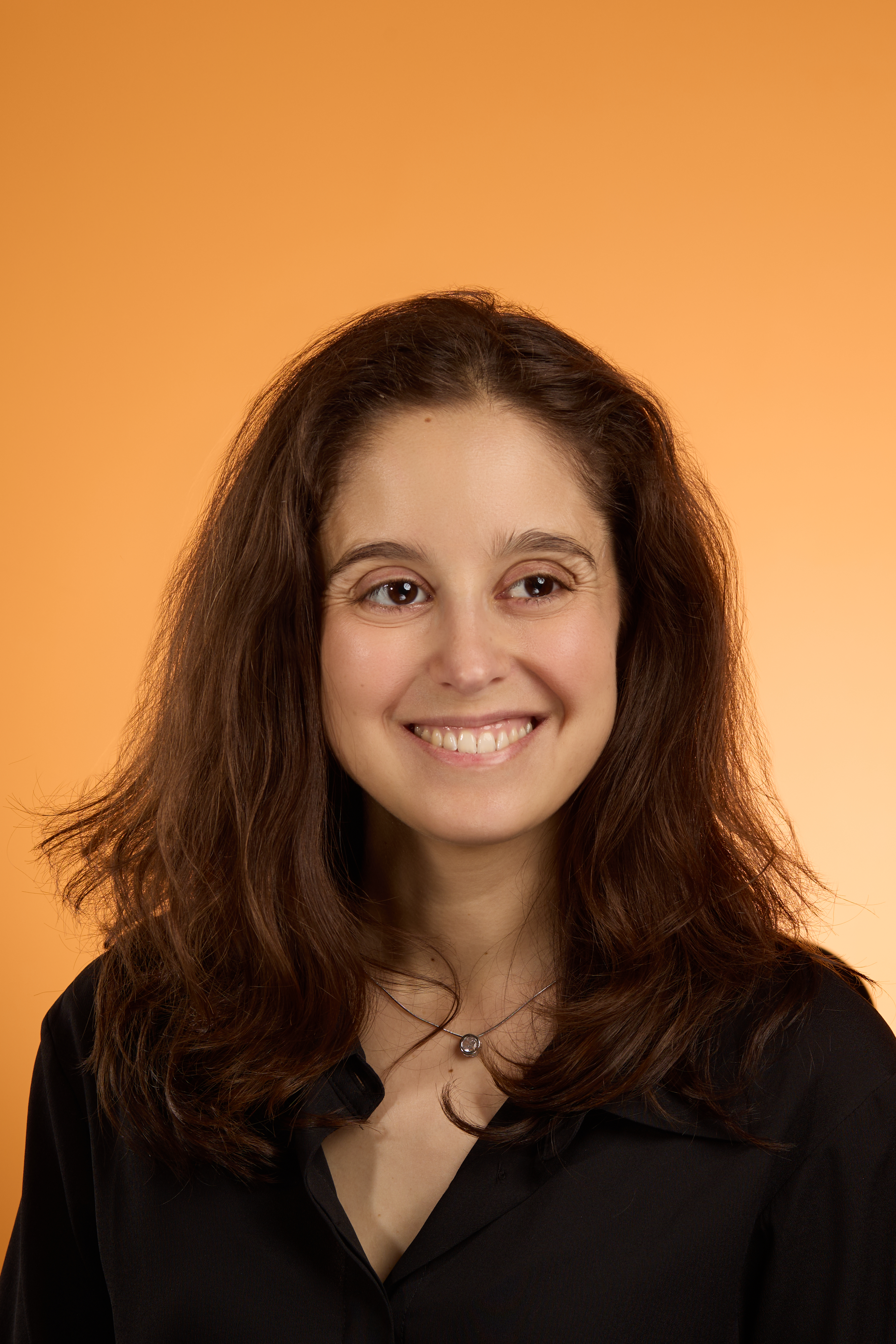
Ofir Hendel
- Scholar
- Israel, United States
- 2025 MPhil Economic Research
- Churchill College
Witnessing the beauty—and fragility—of coral reefs during dives impressed upon me the urgency of climate action. So I pursued a degree in Sustainability and Economics at Reichman University, joining the Economics Honors Program and the Aviram Climate Program. I became the first student in my faculty to publish peer-reviewed research before graduation, co-authoring a paper in a Nature Portfolio journal on using Digital Twins for ocean conservation. In parallel, I gained practical experience at a climatetech startup and a venture capital fund, which led me to recognize that technological solutions alone are insufficient without addressing institutional barriers to action. After graduation, I consulted for financial institutions on managing climate-related risks, deepening my understanding of the economic impacts of climate change. Currently, I am a researcher at two institutes in Israel, focusing on energy security and natural resources. Through my upcoming MPhil in Economic Research, I aim to explore the macroeconomic effects of climate change. Leveraging my experiences in academia, the private sector, and policy research, I aspire to produce actionable and accessible research. I am incredibly honoured to join the Gates community.
Previous Education
Reichman University Sustainability and Economics
Cassi Henderson
- Alumni
- United States
- 2015 PhD Chemical Engineering
- Queens' College
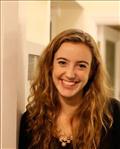
Cassi Henderson
- Alumni
- United States
- 2015 PhD Chemical Engineering
- Queens' College
With a background in biomedical engineering and product design, I am passionate about harnessing engineering advancements for the improvement of health. My research is focused on innovative solutions for the manufacture of affordable medical technology with an emphasis on local production in resource limited settings. In the future, I hope to continue to facilitate the transfer of the scientific developments in academic research into technology that increases accessibility to healthcare.
Previous Education
University of Pennsylvania
University of Cambridge
Robert Henderson
- Alumni
- United States
- 2018 PhD Psychology
- St Catharine's College
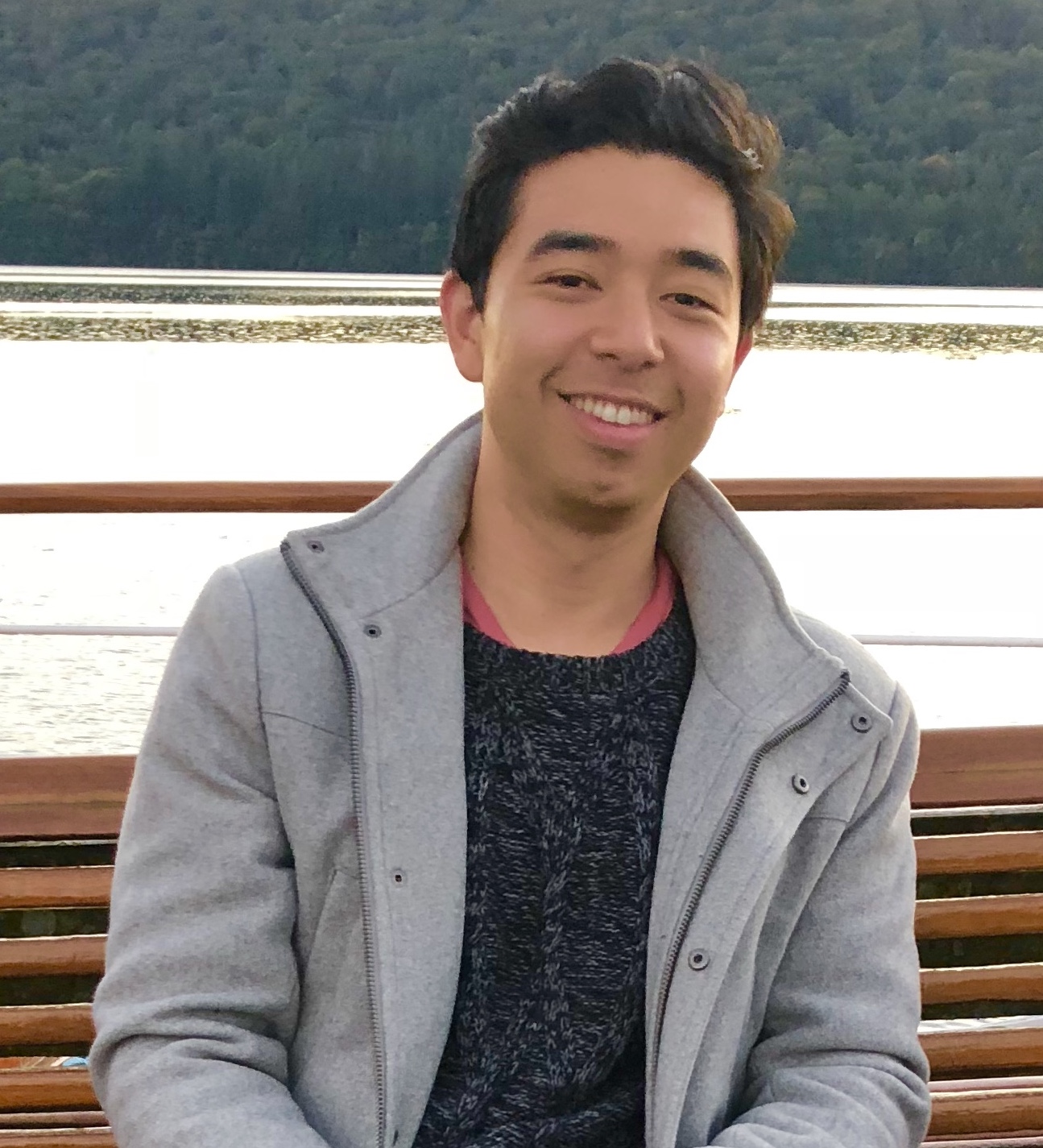
Robert Henderson
- Alumni
- United States
- 2018 PhD Psychology
- St Catharine's College
Rob Henderson is the best-selling author of Troubled: A Memoir of Foster Care, Family, and Social Class. He grew up in foster homes in Los Angeles and in the rural town of Red Bluff, California. After enlisting in the U.S. Air Force at the age of seventeen, he subsequently attended Yale on the GI Bill and was then awarded the Gates Cambridge Scholarship to study at the University of Cambridge (St. Catharine’s College), where he obtained a PhD in psychology in 2022. Rob’s writing has appeared in the New York Times, Wall Street Journal and Boston Globe, among other outlets, and his newsletter is sent each week to more than fifty thousand subscribers.
Previous Education
Community College of the Air Force
Yale University
Shalom Henderson
- Alumni
- United States
- 2020 PhD Medical Science at the MRC Cognition and Brain Sciences Unit
- Clare College
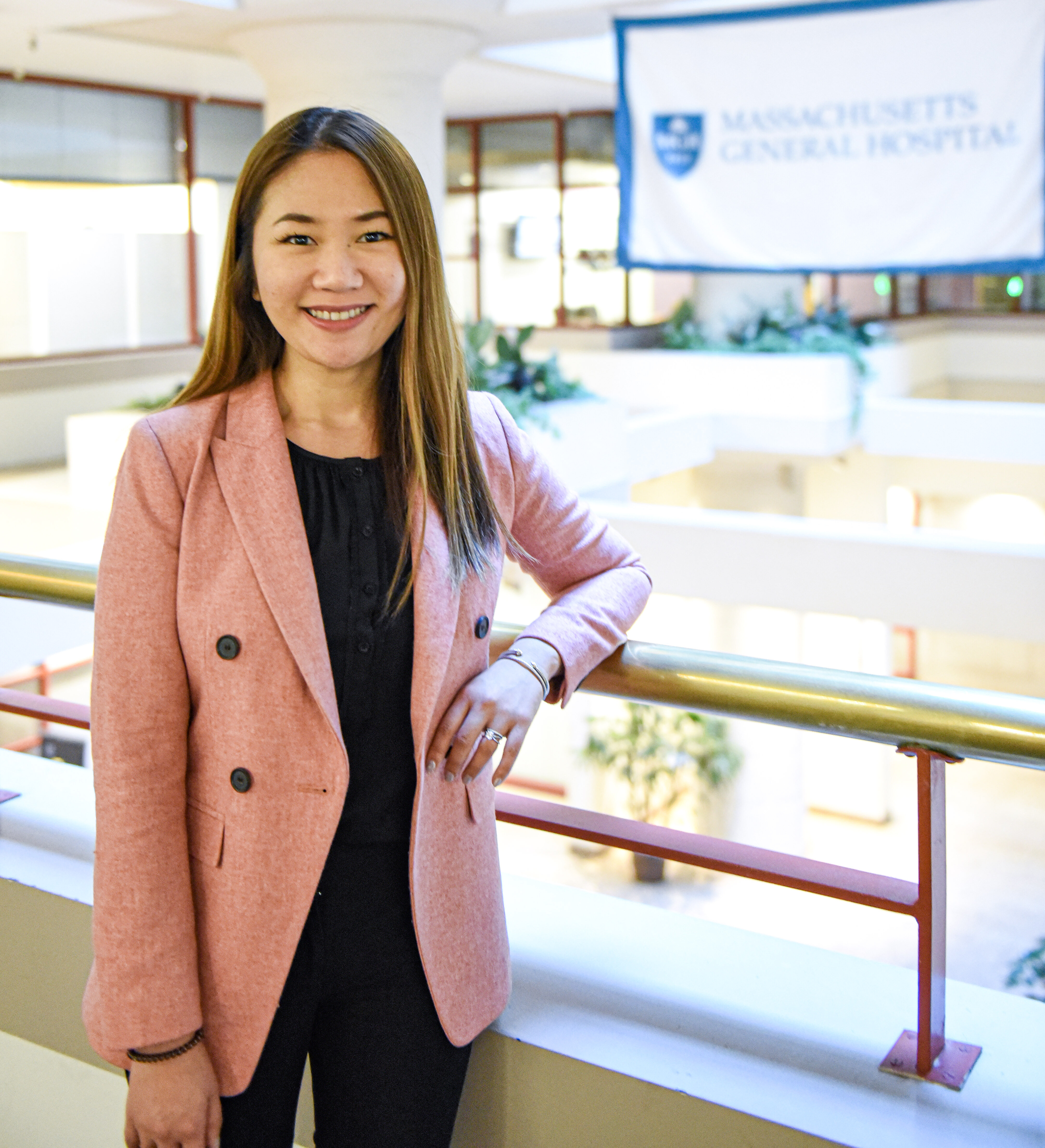
Shalom Henderson
- Alumni
- United States
- 2020 PhD Medical Science at the MRC Cognition and Brain Sciences Unit
- Clare College
As a clinician-researcher, I have been working with patients diagnosed with neurodegenerative conditions since 2017 and am passionate about translating research findings to the clinical context. My research emphasis has been on frontotemporal lobar degeneration and its subtypes, particularly primary progressive aphasia (PPA), which are fast progressing, often misdiagnosed, and have no effective treatment. During my PhD, my studies spanned the MRC Cognition and Brain Sciences Unit, the Department of Clinical Neurosciences, University of Cambridge and the Cambridge Centre for Frontotemporal Dementia and Related Disorders. In my thesis, I discussed barriers to the assessment of progressive aphasias and presented exemplars of transdiagnostic approaches to improve clinical characterisation of language-based dementias. My research focusses on understanding how word meaning is stored and accessed in the brain, and the nature of impairments that result when crucial brain regions are affected by PPA. My work also includes novel aphasia research tools designed to be simple, scalable, sensitive, yet speak to the neurobiology of language.
Previous Education
MGH Institute of Health Profes Speech Language Pathology 2018
Columbia University Psychology 2015
Shealynn Hendry
- Scholar
- United States
- 2022 PhD History
- Hughes Hall

Shealynn Hendry
- Scholar
- United States
- 2022 PhD History
- Hughes Hall
After graduating with degrees in History and Classical Humanities from Miami University, I spent the next few years far removed from academia. It was my experience outside the classroom, which instilled in me the significance of academic inquiry, and the potential impact of historical scholarship more specifically. While volunteering in a refugee camp, I was a constant witness to the creation of historical documents. I wanted to know who decided what records of any given event survived. I was curious to know how anyone might archive the records of displaced peoples and who had access to those records. Upon my return, I decided to pursue dual-master’s degrees in both History and Archive Management at Simmons University, to better understand how the information sciences inform the humanities. As I pursue a PhD in History, my focus remains on transnational events and displaced peoples not only as subjects of inquiry but as individuals with a unique admittance into the archival record who provide a significant perspective on collecting practice. It is my belief that the questions we ask of the past inform the questions we ask of ourselves. I am honored and grateful for the opportunity to join the Gates Cambridge community!
Previous Education
Simmons University History 2022
Miami University History, Classical Humanities 2015
Maria Hengeveld
- Alumni
- Netherlands
- 2017 PhD Development Studies
- King's College
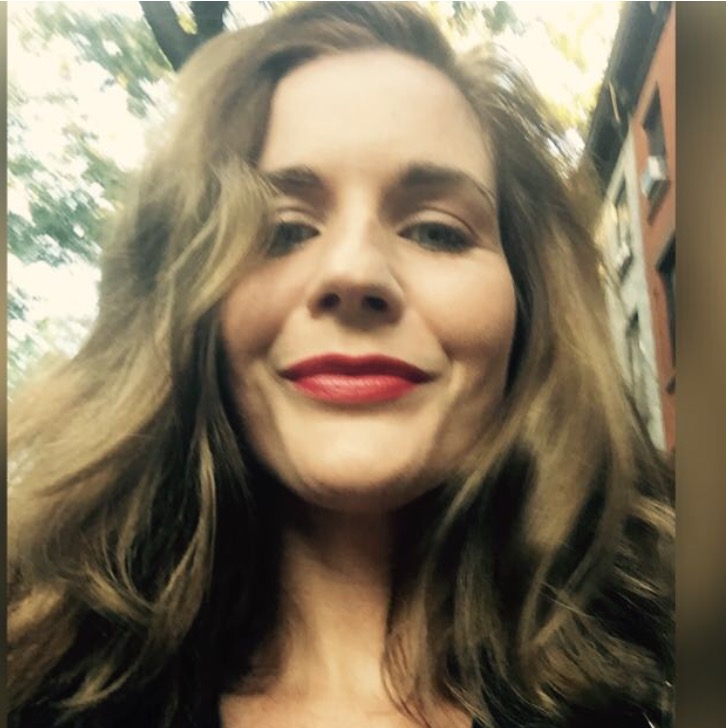
Maria Hengeveld
- Alumni
- Netherlands
- 2017 PhD Development Studies
- King's College
After working in the private sector for eight years in my native the Netherlands, I moved to South Africa in my mid twenties to study sociology and gender studies at the University of Cape Town. This is where I developed my interest in the sociology and politics of international development. A Fulbright fellowship allowed me to take this interest to Columbia University in New York, where I did a Master in Human Rights. At Columbia, I grew interested in the rise of philantro-capitalism and the corporate social responsibility (CSR) industry, and the ways in which these industries are linked to and perpetuate systems of power and inequality. My M.A thesis used the feminist philanthropy and humanitarian alliances of the sports giant Nike as a case study to examine the consequences of this trend, a topic I was able to further investigate as a journalist in Vietnam. For this investigation, which was published at Slate and supported by The Nation Institute in New York, I interviewed 18 Nike workers about their wages and working conditions. These conversations, coupled with other journalistic work on this subject and a consultancy project with the International Labour Organization sparked my desire to investigate the CSR industry, particularly its labour dimensions, as a PhD student at Cambridge's Center for Development Studies. I am both thrilled and honoured that I will have the opportunity to do so as a Gates Cambridge student and a member of King's College.
Previous Education
University of Cape Town
Columbia University in the City of New York
Marisa Henry
- Alumni
- Canada
- 2016 MPhil Engineerng for Sustainable Dev
- Pembroke College
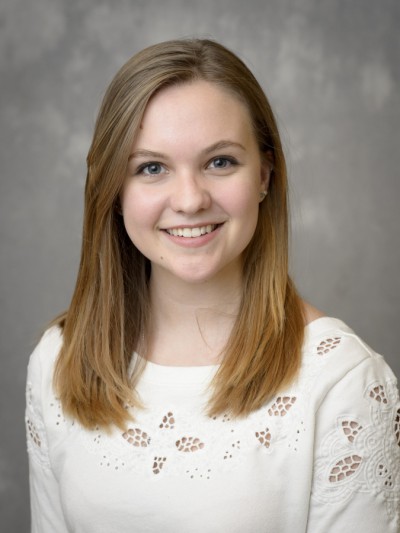
Marisa Henry
- Alumni
- Canada
- 2016 MPhil Engineerng for Sustainable Dev
- Pembroke College
Born in Canada, but raised primarily in the suburbs of Houston, Texas, I attended Purdue University and graduated with a bachelors of science in environmental and ecological engineering. As a student at Purdue, I led a team working to address water scarcity in the community of Endallah, Tanzania. Beyond applying my technical, engineering knowledge, this project made me aware of the complex, multidisciplinary challenges in creating and maintaining sustainable water systems around the world. Taking up classes and other learning opportunities in subjects including economics and diversity studies, I have strived to incorporate interdisciplinary perspectives into my work. At Cambridge, I plan to further my interdisciplinary studies by pursuing the MPhil in Engineering for Sustainable Development and researching how economics can be incorporated in engineering to design system strategies for sustainable water resources globally. Outside of my academic interests, I enjoy running, hiking, travelling, music, community involvement, and coffee. I am so excited to join the Gates Cambridge community, and look forward to building relationships with other scholars who are working to make a difference in the world.
Previous Education
Purdue University
Sophie Hermanns
- Alumni
- Germany
- 2015 PhD Politics & International Stud
- Girton College

Sophie Hermanns
- Alumni
- Germany
- 2015 PhD Politics & International Stud
- Girton College
Previous Education
University of Cambridge
Sciences Po Paris; University of North Carolina
Humboldt University; Free University Berlin
Francisco Hernandez-Martinez
- Alumni
- Mexico
- 2002 PhD Engineering
- Churchill College
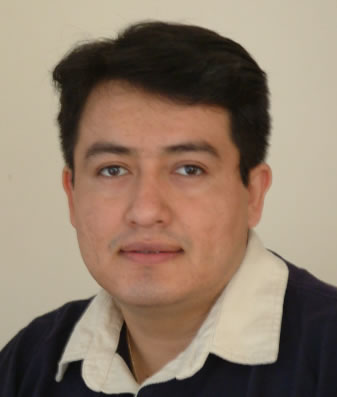
Francisco Hernandez-Martinez
- Alumni
- Mexico
- 2002 PhD Engineering
- Churchill College
The research that I have been carried out during already two years in the University of Cambridge involves the study of the implementation of the wet soil mixing method for improving the mechanical properties of organic soils. This research together with my previous experience in seismic response of soft soils will give me a great opportunity to combine them in order to focus my future career in the seismic analysis of foundations.
Victoria Herrmann
- Alumni
- United States
- 2014 PhD Polar Studies at Scott Polar Institute
- Pembroke College

Victoria Herrmann
- Alumni
- United States
- 2014 PhD Polar Studies at Scott Polar Institute
- Pembroke College
Victoria is interested in exploring the nexus of climate change, human development, and public policy in the Arctic. Her PhD research focuses on how images and aesthetic codes construct values, identities, and ideas of power in the Arctic since the Second World War. From a young age Victoria's grandfather, a Holocaust survivor, has inspired her to pursue a career promoting social justice and empowerment. During her undergraduate degree, she followed that inspiration through two emerging personal interests - art and environmentalism. Through internships at The Smithsonian Institution and the Metropolitan Museum of Art, she helped to create programs to bring different, often contentious, communities together through museum educational events. At the Untied Nations and the Carnegie Endowment for International Peace, she later worked on research, writing, and advocacy for climate justice, urban resiliency in socioeconomically depressed neighbourhoods, and mitigation. Though passionate about art, climate change, and social justice individually, it was not until her Fulbright research that Victoria was able to bring her three disparate interests together. During her year in Canada, she studied how indigenous civil society groups used visual media to empower their voices at climate change negotiations. At Cambridge, she continues this multidisciplinary approach to scholarship by examining the changing visual narratives of geopolitics in the Arctic and its influence on perceptions of power, justice, and agency. As the Alumni Officer Victoria works closely with the Gates Cambridge Alumni Association to connect the scholar and alumni communities.
Emilie Hertig
- Alumni
- Switzerland
- 2021 PhD Astronomy
- Trinity College
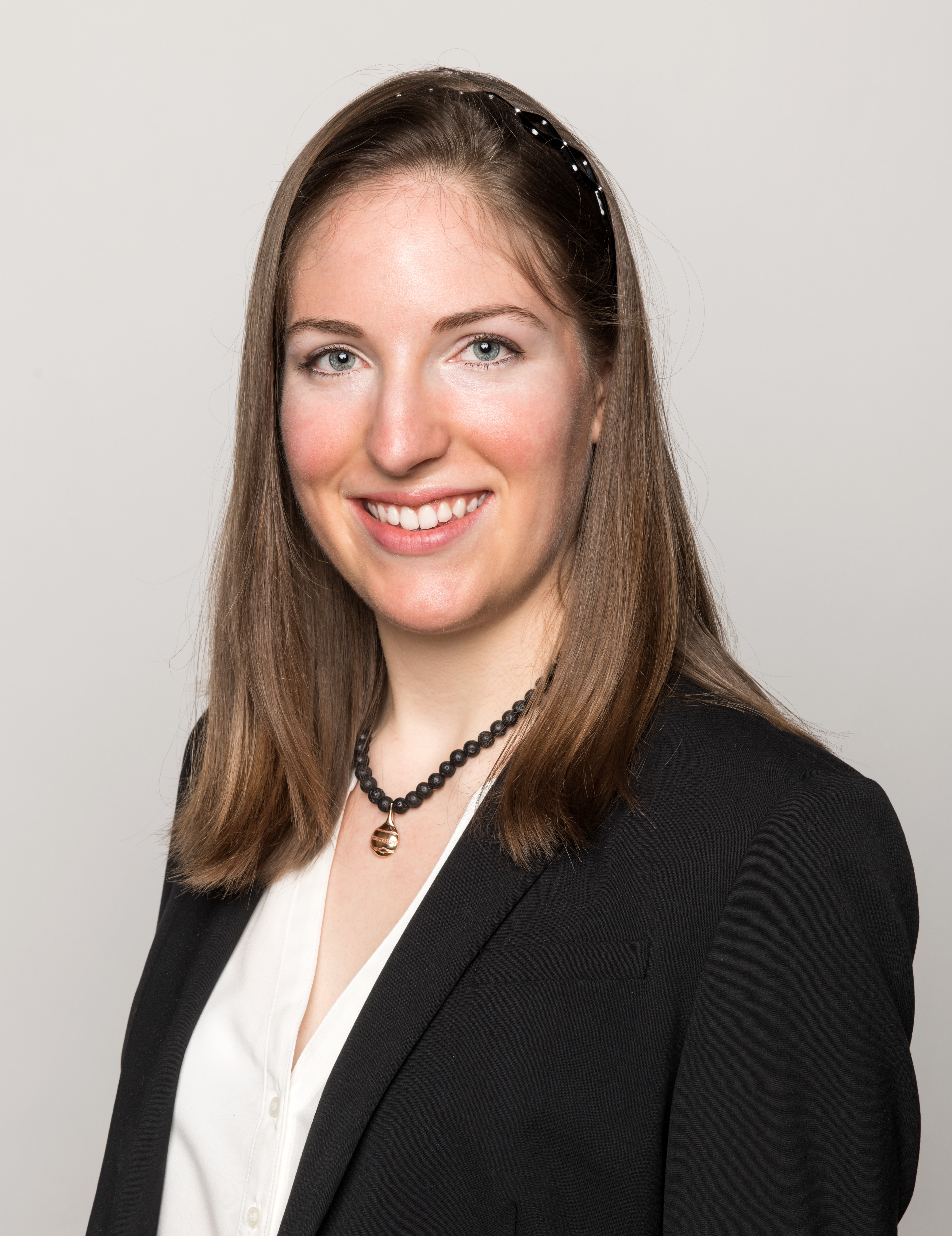
Emilie Hertig
- Alumni
- Switzerland
- 2021 PhD Astronomy
- Trinity College
My passion for astronomy has been an integral part of most of my life: as I realized at the age of 12 that current theories only explain 5% of the cosmos, making a scientific contribution that would shed light on the dark sector of cosmology became my main career goal. Several years later, this unwavering curiosity motivated my Honours thesis centred on the calibration of the CHIME telescope. I then collaborated with the H0LiCOW team, analysing lensed quasars as probes of the Hubble constant, before focusing on the use of machine learning to search for deviations from general relativity in gravitational waves. While studying quantum field theory, I became fascinated by the interconnectedness between the smallest and largest scales of the universe, a central issue in inflationary physics. My PhD will aim to detect signatures of primordial gravitational waves in the CMB and constrain models of the early universe. Despite the abstract nature of my topic, I hope for my research to make a broader impact through the development of computational methods with a wide range of applications. Becoming a Gates Scholar is a great honour which will also allow me to build upon my experience with science outreach and advocating for women in STEM.
Previous Education
Ecole Polytechnique Fédérale de Lausanne Physics 2021
University of British Columbia Physics 2019
Ecole Polytechnique federale de lausanne Physics 2019
Nimrod Hertz
- Scholar
- Israel
- 2022 PhD Medical Science @ MRC Cognition and Brain Sciences Unit
- Wolfson College
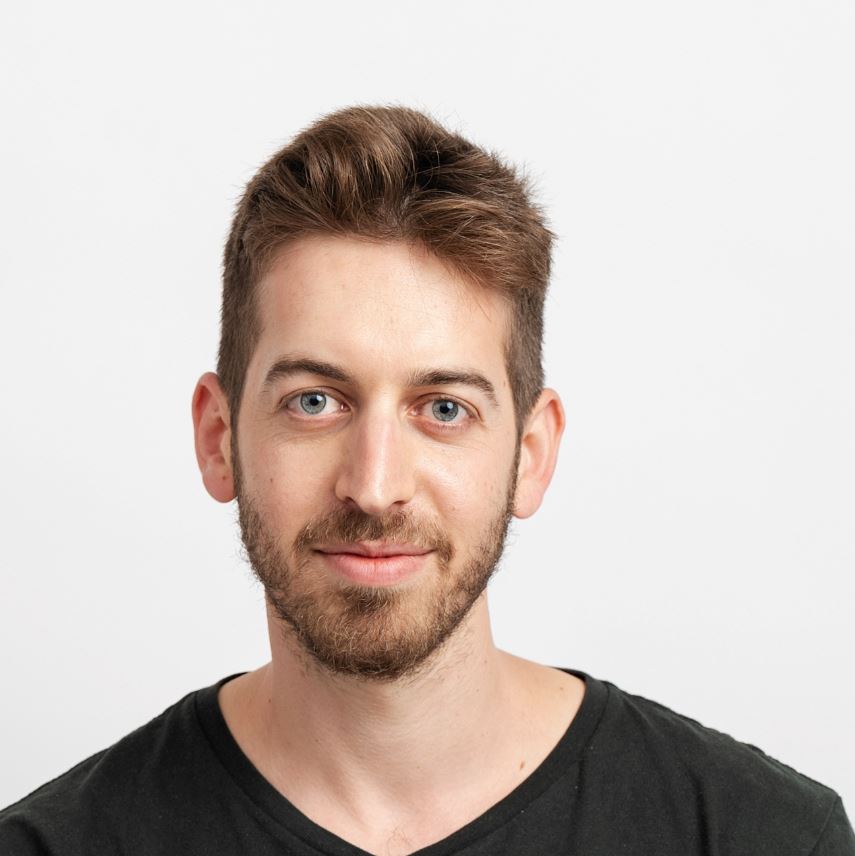
Nimrod Hertz
- Scholar
- Israel
- 2022 PhD Medical Science @ MRC Cognition and Brain Sciences Unit
- Wolfson College
I am a mental health researcher aiming to outline evidence-based practical conclusions for clinicians. I am interested in prevalent psychopathologies (PTSD, depression, and anxiety disorders), striving to understand their transdiagnostic mechanisms and promote effective and tailored interventions. I hold a BSc in psychology, biology, and neuroscience, and MA in clinical psychology, all from Tel-Aviv University. In recent years, I combined research and clinical practice in Israel’s public health services, to attain a holistic perspective on psychopathology. At Cambridge’s MRC Cognition and Brain Sciences Unit, I will investigate the cognitive processes that underlie formulation-based interventions for PTSD, emphasizing the dynamics of negative appraisals and trauma memory. To that end, I plan to bring a personalized approach to my research, assimilating the notion of ‘precision medicine’ into evidence-based psychotherapy. I am grateful for the opportunity to be part of the Gates Cambridge community and study alongside inspiring peers and mentors.
Previous Education
Tel Aviv University Clinical psychology 2022
Tel Aviv University Psychology with neuroscience 2019
Tel Aviv University Biology with neuroscience 2019
Tyler Hester
- Alumni
- United States
- 2007 MPhil Education
- Christ's College
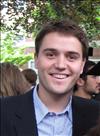
Tyler Hester
- Alumni
- United States
- 2007 MPhil Education
- Christ's College
My studies will focus on the political dimensions of education policy as it affects English language learners both in the United Kingdom and in the United States. I hope that my time at Cambridge enables me to develop a deeper understanding of the pressing social problems presented by and inextricably linked to education. Specifically, I am eager to develop the research abilities and critical capacities that are required to make a substantive contribution to the life prospects of today’s students.
Previous Education
Stanford University 2007
Catalina Hierro Hernandez-Mora
- Scholar
- Spain
- 2025 PhD Law
- Gonville and Caius College
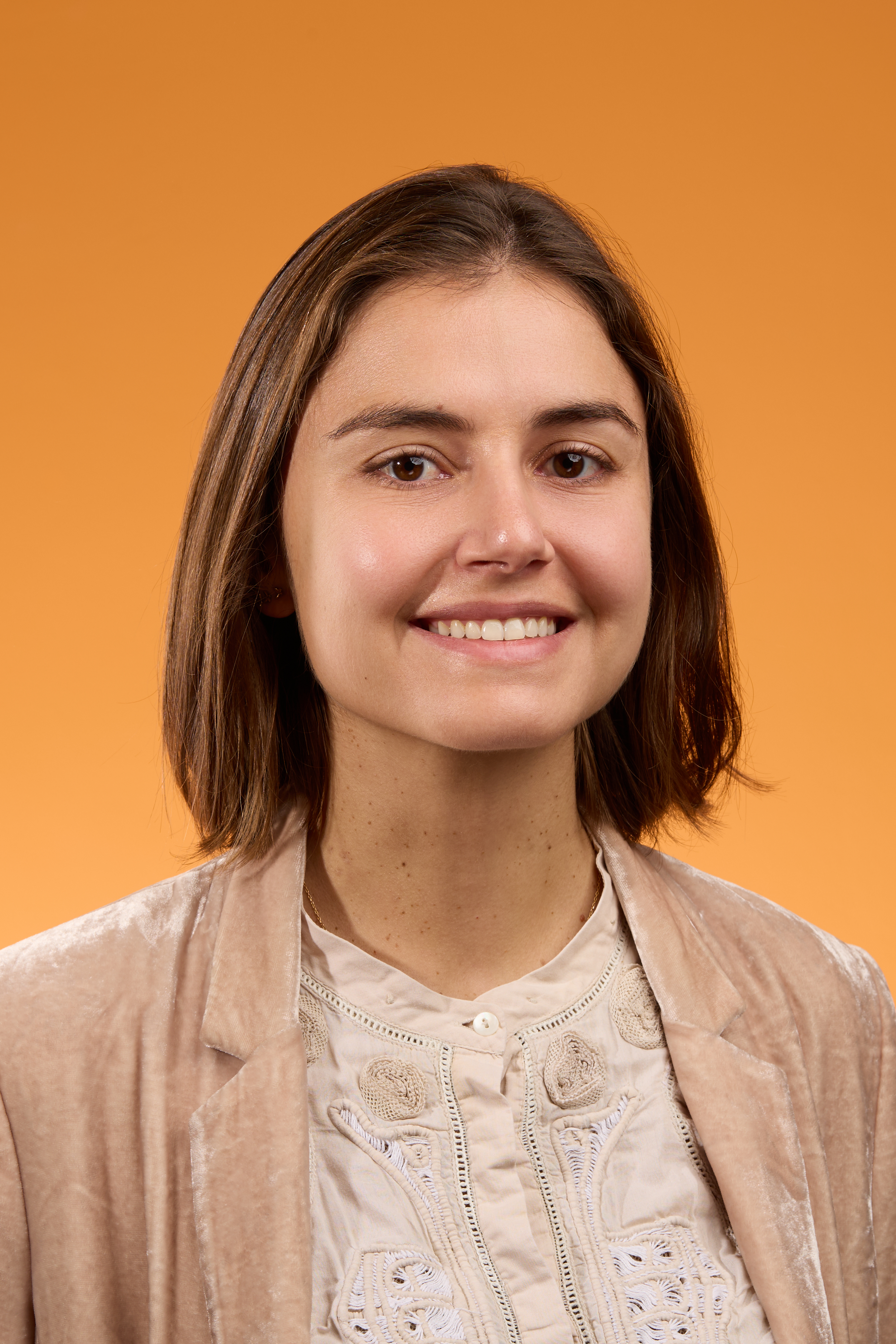
Catalina Hierro Hernandez-Mora
- Scholar
- Spain
- 2025 PhD Law
- Gonville and Caius College
Losing my mother shortly before starting law school deepened my empathy for the suffering of others. Paired with a strong sense of justice, it led me to discover my calling in defending human rights. After qualifying as a lawyer in Spain, I pursued an LLM in Public International Law and International Human Rights Law at the London School of Economics, where I began to study the most heinous of international crimes: genocide. I couldn’t stop asking myself: how could states fail to do more to prevent such a devastating crime, one that wounds not only the targeted group but humanity as a whole? Through my PhD research at Cambridge, I aim to enhance state compliance with the duty to prevent genocide by developing a set of criteria for allocating individual state obligations under this collective duty. I also seek to critically assess the Genocide Convention and the role of the UN Security Council, with the goal of helping realise their unfulfilled potential as instruments of genocide prevention and as pillars of the international rule of law. I am deeply honoured to pursue this journey as a member of the Gates Cambridge community, among individuals who, like me, are committed to leaving the world better than they found it.
Previous Education
London School of Economics Master of Laws (Public International Law) 2024
Universidad Carlos III de Madrid Master of Access to Legal Practice 2021
Universidad Pontificia Comillas Law and Business Administration 2019
Annalise Higgins
- Alumni
- New Zealand
- 2016 PhD History
- Trinity College
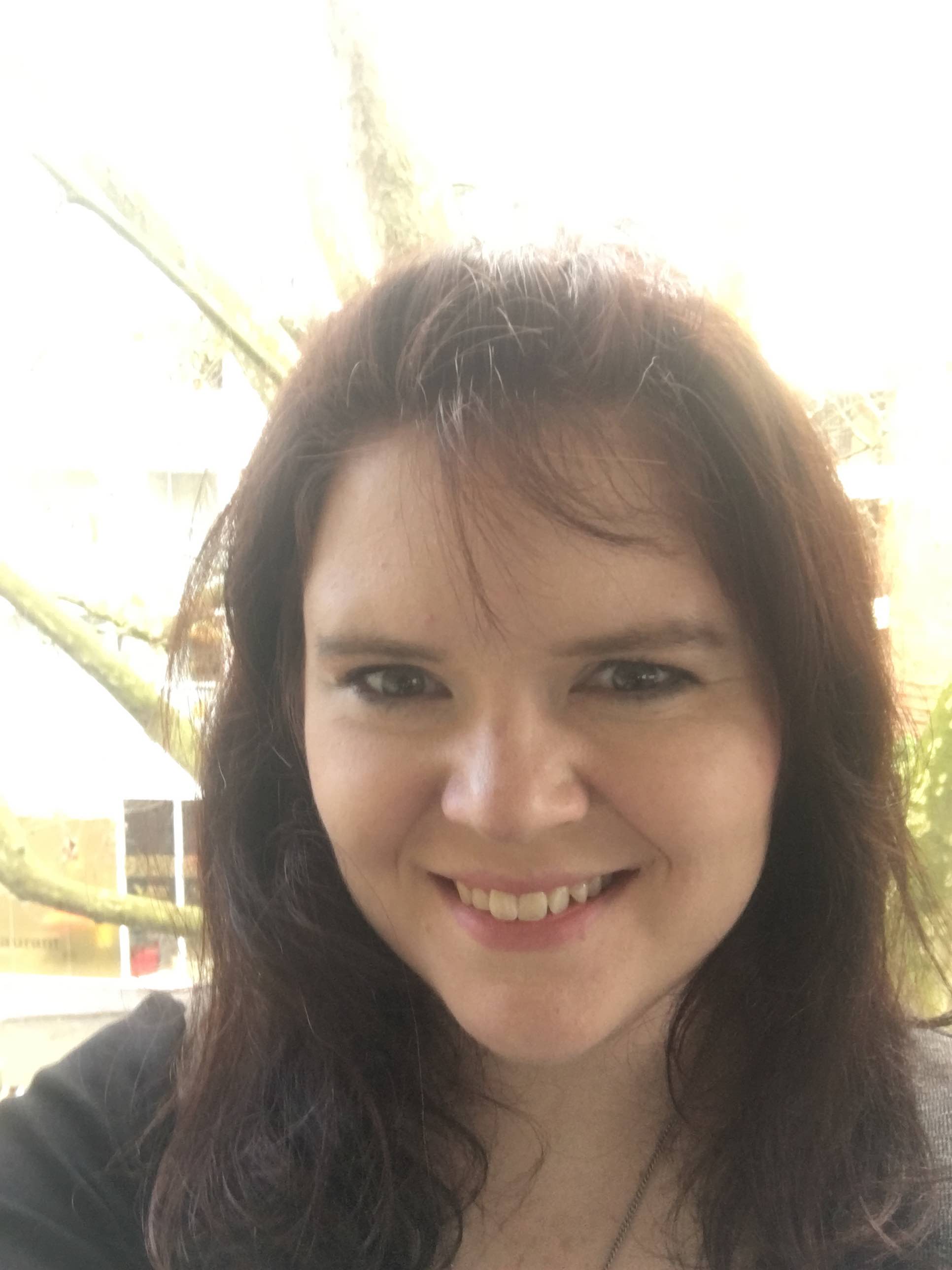
Annalise Higgins
- Alumni
- New Zealand
- 2016 PhD History
- Trinity College
As a historian, I thrive on imagining the past and asking the question ‘why?’. Growing up in New Zealand surrounded by many stunning landscapes, I have developed a strong interest in how people think about the natural world. These interests were inspired and refined by the opportunity to complete a BA in History and Psychology, and a BA(Hons) and MA in History, at the University of Auckland. At Cambridge University, I will be researching intersections between the environment and diplomacy, with a particular focus on interoceanic canals. I am interested in treating international diplomatic treaties as texts which must be considered within their environmental contexts, rather than being mentally sequestered within the confines of diplomatic meeting halls. My previous research has focussed on public perceptions of international diplomacy, notably neutrality and the 1899 Hague Peace Conference, in the late nineteenth century. I have become fascinated by the challenge of trying to understand how people have grappled with ideas about their world and how it functions. Environmental challenges are particularly salient in the present, and I believe that an integral part of working towards international cooperation in addressing environmental challenges is developing historical understanding of how the inherently international challenges presented by the environment have been confronted in diplomatic contexts.
Previous Education
University of Auckland
Christopher Higgins
- Alumni
- United States
- 2011 MPhil Development Studies
- St John's College
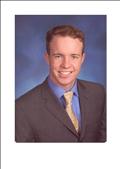
Christopher Higgins
- Alumni
- United States
- 2011 MPhil Development Studies
- St John's College
Galo Higuera Rojo
- Alumni
- Mexico
- 2009 CASM Pure Mathematics
- Clare College

Galo Higuera Rojo
- Alumni
- Mexico
- 2009 CASM Pure Mathematics
- Clare College
In this year at Cambridge I will be undertaking the CASM in pure mathematics. I will study in depth many subjects of Geometry and Topology. Afterwards, I intend to study a PhD at Cambridge related to one of these topics or both. Pure mathematics is the basis of many sciences nowadays and I will be glad to contribute to the development of new theories and methods to tackle the problems that we will face in the future.
Ashleigh Hildebrand
- Alumni
- United States
- 2005 MPhil Environmental Policy
- Trinity College

Ashleigh Hildebrand
- Alumni
- United States
- 2005 MPhil Environmental Policy
- Trinity College
The MPhil in Environmental Policy I received while on the Gates Fellowship changed the course of my life. Not only was it an incredible educational and cultural experience, it reawakened in me a deep passion for environmental protection, sustainability, and, most importantly, realistic strategies to strive towards these ideals. My life is now dedicated to finding and implementing feasible strategies for implementing environmental technology, especially carbon capture and storage. My goal is to ensure that during this transition period where renewable energy supplies are being phased in, the unavoidable use of fossil fuels is pursued in a much more environmentally-conscious way. In short, I want to clean up the energy industry – from the inside out.
Previous Education
Oklahoma State University BS Chemical Engineering 2005








